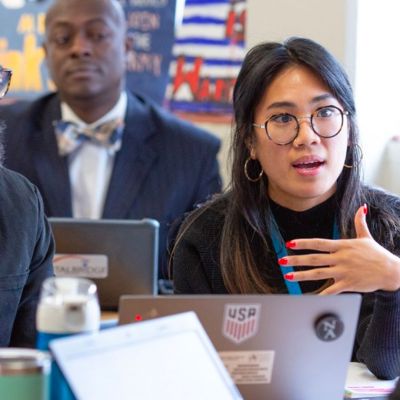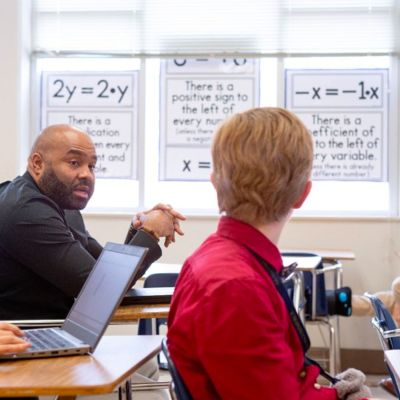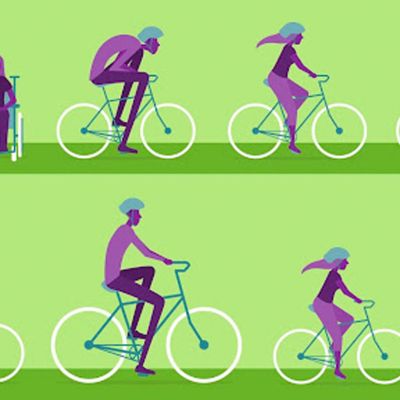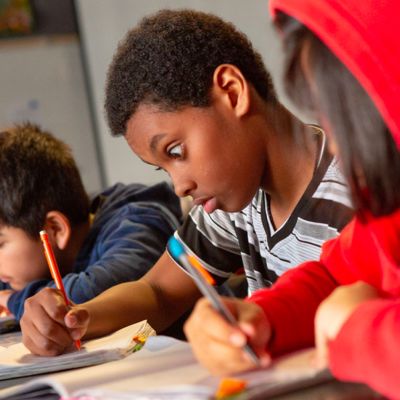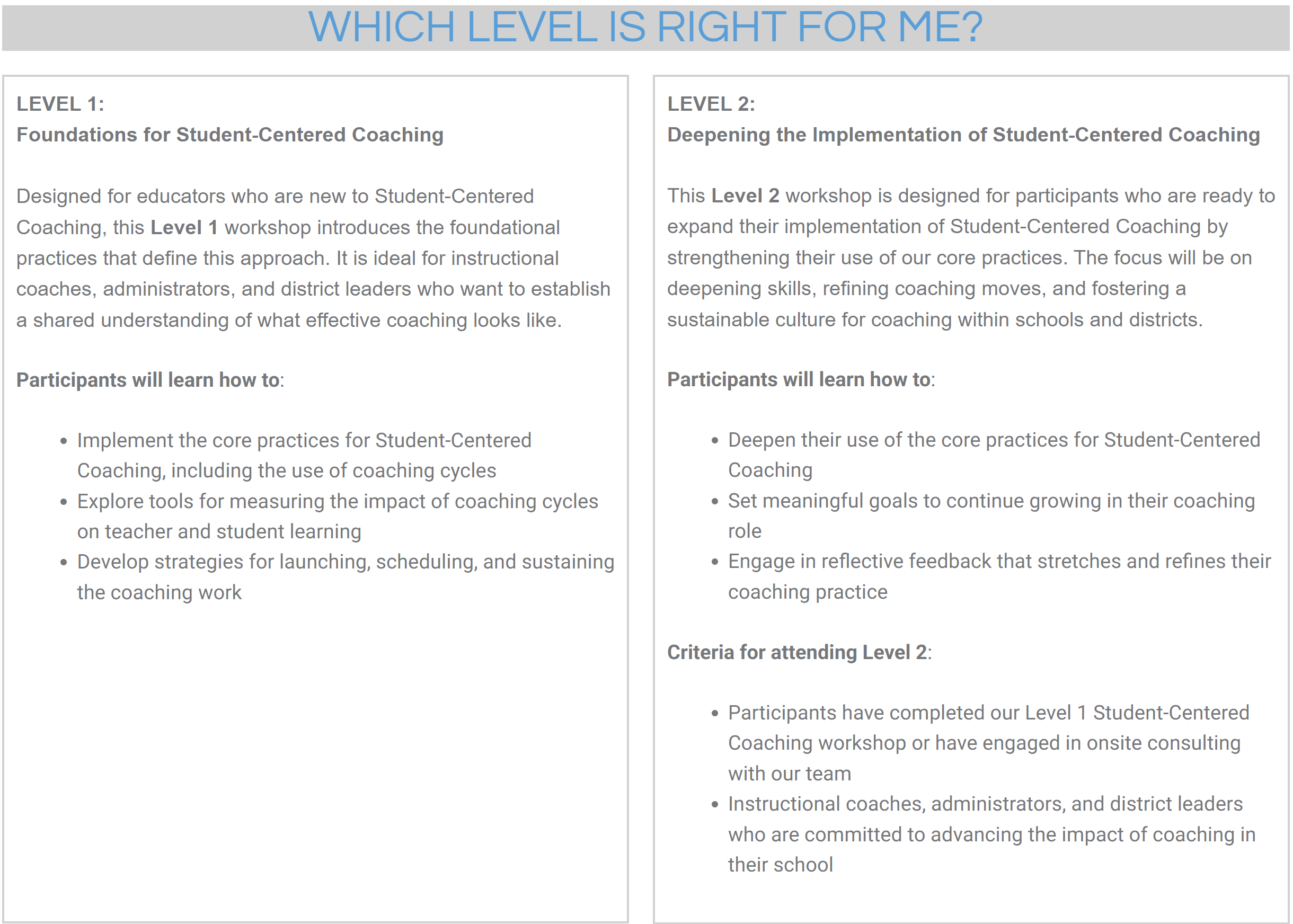Blog
Often poetry is taught as a standalone unit, sometimes leaving students to groan & roll their eyes. What if poetry was woven into every unit?
Who says Pi Day should only be celebrated in math class? There is plenty of fun to go all through the school day on March 14!
Black History Month is more than February. Come meet some Black Hoosiers who exude Black Excellence throughout the year.
There are so many tech solutions in the education world. How do you sort through all the options? Let’s explore the procurement process and make it less overwhelming.
Kahoot is a well loved review tool. What about using it at the beginning to get the wheels of curiosity spinning?
Many have been in PLC meetings that go nowhere. How do we recalibrate our PLC time to keep it running at peak efficiency?
Teaching is an isolating profession. How can we be better connected?
Biases. We all have them. We need to recognize them in ourselves and unlearn the ones that are getting in the way of our students’ success.
We have much data at our disposal. Do we understand what we’re looking at? Are we asking the right questions?
Did you know 2/22/22 is on Tuesday? Let’s find some ways to celebrate!
We believe we have to always be available and “on” to be productive and successful. Is that really the case?
As a former Language Arts teacher and now STEM teacher, I am combining my skills to make my after school bookclub STEM-sational. With a little out of the book thinking, you can, too!








